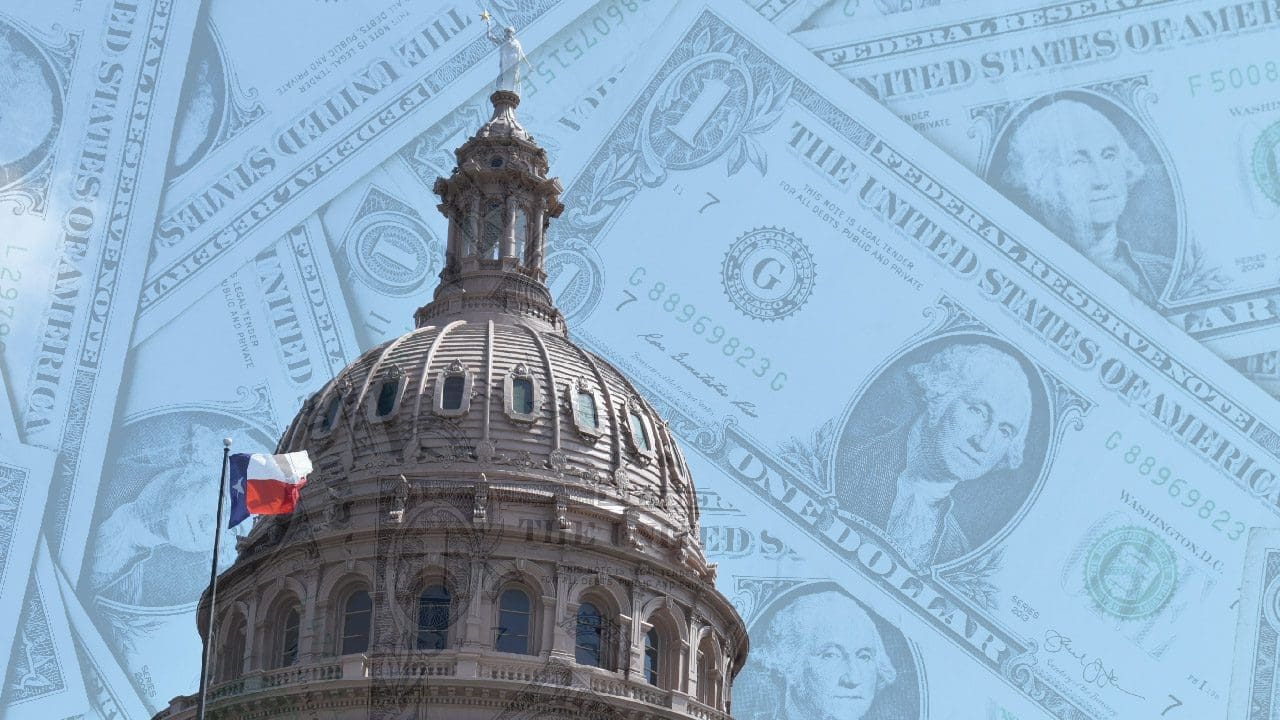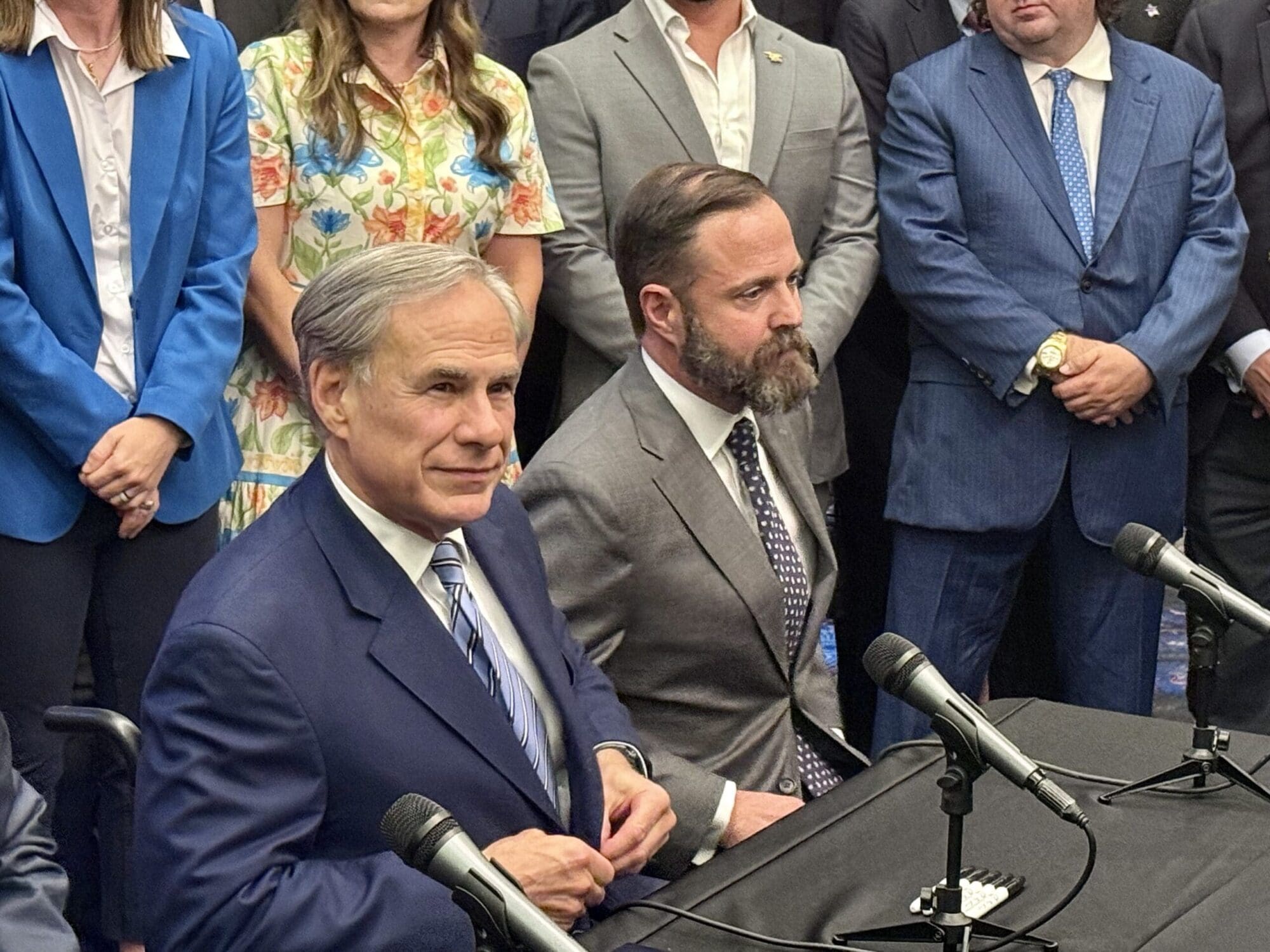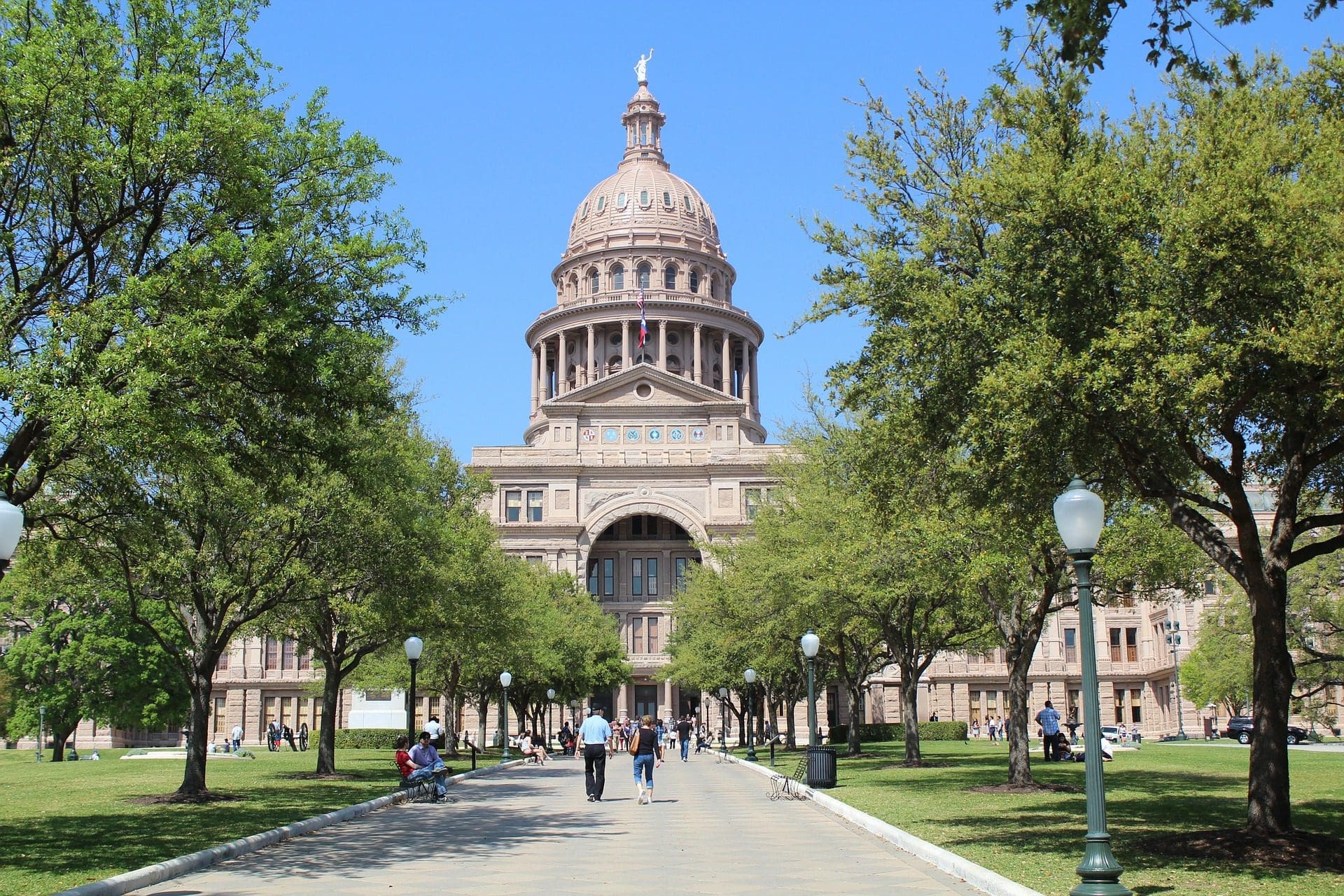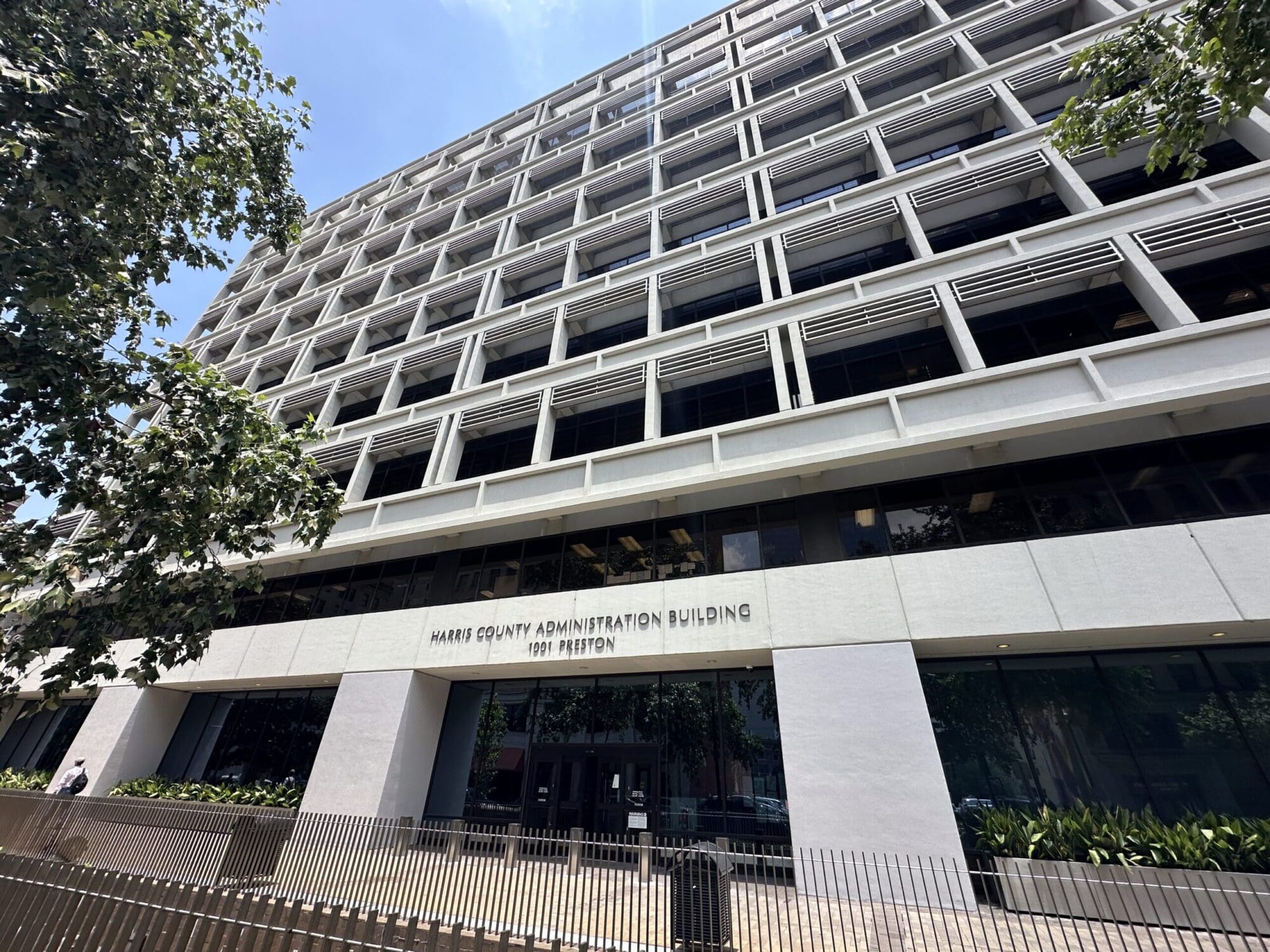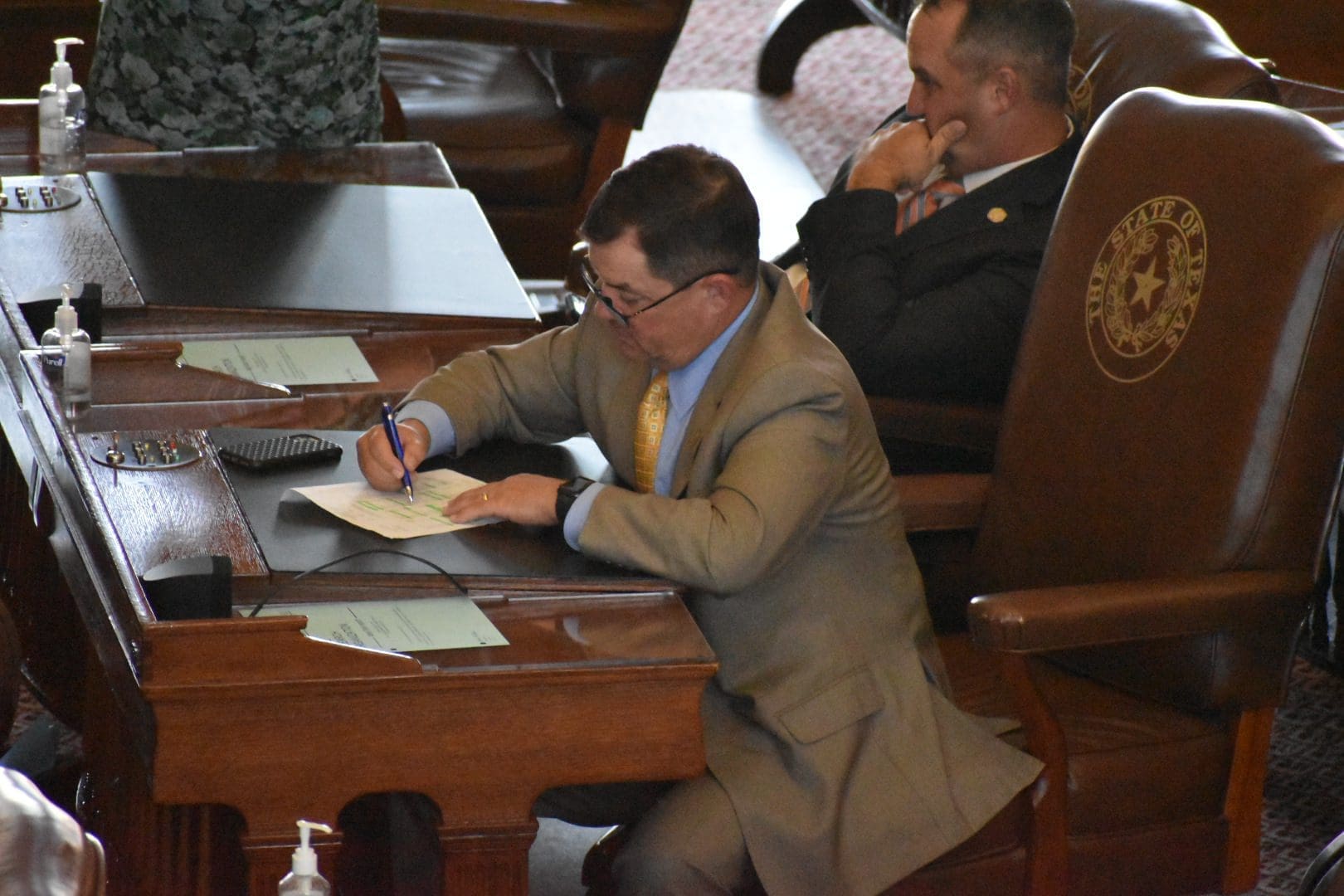Local officials from around the state gathered at the Texas Capitol this week, fighting to keep their power to spend tax dollars against citizens.
On Tuesday evening, the Senate Committee on Local Government heard testimony on Senate Bill 10, which would stop the practice of taxpayer-funded lobbying. Currently in Texas, local government officials are allowed to spend citizens’ money to hire lobbyists—who often work against citizens.
SB 10, however, would ban counties and cities from spending taxpayer dollars “to directly or indirectly influence or attempt to influence the outcome of any legislation pending before the Legislature.”
State Sen. Paul Bettencourt (R–Houston), the bill’s author, told committee members, “During the 86th Legislative Session, it was estimated that $40 million in taxpayer dollars was spent by local government on lobbyists. The practice of taxpayer-funded lobbying not only diverts substantial funding from the ability of local governments to provide core essential services but, more often than not, results in taxpayers’ money being spent to advocate for public policies that are not in their best interest.”
Should the bill pass, citizens would have the option of asking judges to stop local governments from engaging in the practice.
SB 10 would not restrict local officials from personally advocating for or against bills pending in the Legislature. Local government employees could also advocate as long as their activities would not require them to have to register as a lobbyist under state law.
State Sen. Bob Hall (R–Edgewood) noted last session’s attempt to ban the practice included school district officials, whereas SB 10 excludes them.
“The public has intended that school districts get included in [the ban],” Hall said.
A committee substitute was accepted at the hearing, allowing cities and counties to continue paying fees or dues to nonprofit state associations or organizations that speak on legislative issues—as long as those associations do not compensate someone who state law requires to be registered as a lobbyist or advocate on property tax legislation.
Overall, Texans strongly oppose taxpayer-funded lobbying. Polls in 2019 and 2021 commissioned by the Texas Public Policy Foundation found that nearly nine out of 10 Texans support banning the practice. In March 2020, almost 95 percent of statewide Republican primary voters voted for a ban.
But not all local officials acknowledge this reality.
“I represent 164,000 people in our county, and I know what’s best for them,” Johnson County Commissioner Rick Bailey said during an exchange with Hall about the polling.
“I live in Johnson County, and no, he doesn’t,” citizen Derrick Wilson told Texas Scorecard.
Others spoke out at the committee meeting in support of the bill.
“It’s unbelievable what the city can do … against the voters and against the citizens,” Bruce Hotze of Let the People Vote told committee members. “I just think it’s time to control taxpayer-funded lobbying.”
“The thing with a hired lobbyist that I think is not good is that it is a hidden, non-transparent type of situation,” said former Travis County Auditor Susan Spetaro. “It is very important, in my opinion … for officials to come up here and talk to you.”
“Tax dollars are for police and potholes, not paid lobbyists,” James Quintero of TPPF told senators. “These hired guns know how to work the system, work on taxpayer dollars.”
The status quo enables citizen oppression.
Local officials, however, maintained they should have the power to spend tax dollars on hiring lobbyists to advocate against citizens.
“We feel this bill would effectively silence us,” said El Paso County Commissioner David Stout.
“When we need representation in Austin, we have two ways to do it: We either have to hire a lobbyist, or we utilize the Texas Association of County Judges and Commissioners,” said Pecos County Judge Joe Shuster.
“I suggest to you that there’s a third way, and that’s your butt is in that seat right now,” Bettencourt shot back.
When asked why they hire lobbyists, the assistant city manager for San Antonio replied, “For their expertise and, for lack of a better word, a force multiplier.”
“On any given day, the process is hard to navigate for locally elected officials,” Fate Mayor Pro-Tem David Billings complained.
An alliance of big businesses and local governments also came out against citizens.
“Business leaders such as myself stand with our local officials in opposing this legislation,” said Eric Fox, chairman of the North Texas Commission.
The committee also heard Bettencourt’s SB 1879, which he said would require “every taxing entity in the state [to] report their lobbying activities to the [Texas Ethics Commission].”
Of all the local officials who came to testify, only the Office of Houston Mayor Sylvester Turner expressed opposition to this bill.
One citizen wasn’t amused by the testimony opposing SB 10.
“I am a taxpayer. I’m on limited income, and I watch where my money goes, and what I’ve heard during these meetings is appalling,” Gerald Welton of Convention of States told committee members. “Millions, possibly billions, of taxpayer money is going to lobbyists.”
Both SB 10 and SB 1879 were left pending after Tuesday’s hearing.
Concerned citizens may contact committee members and keep track of legislation through Texas Legislature Online.
